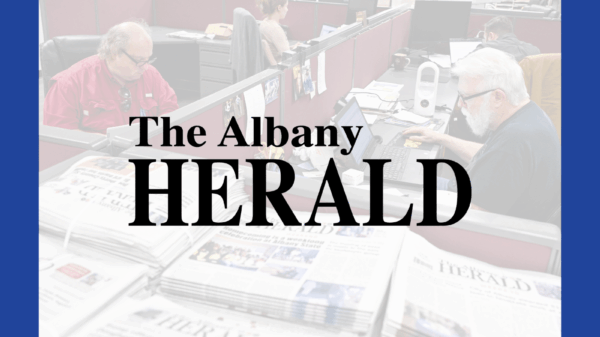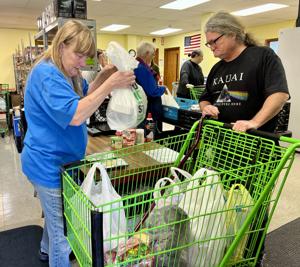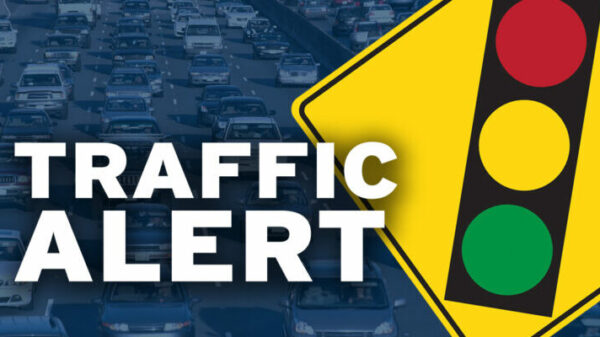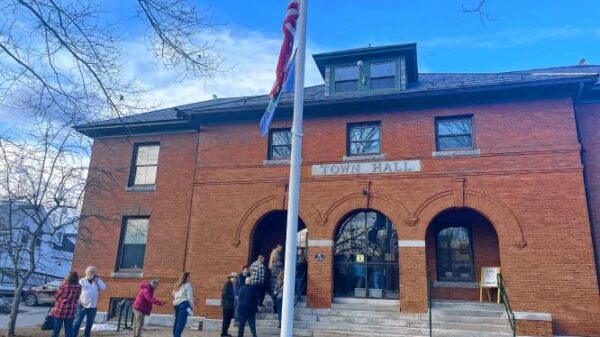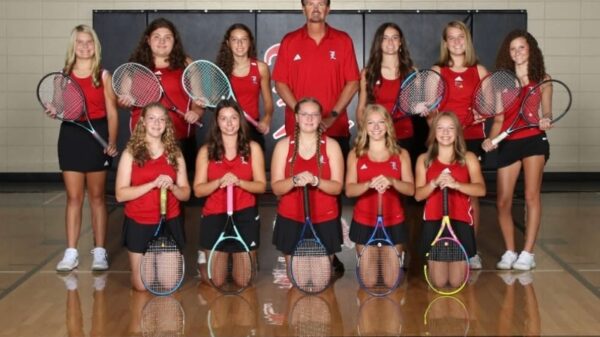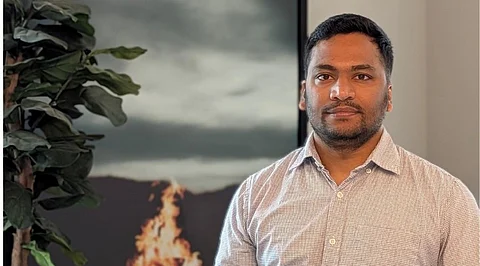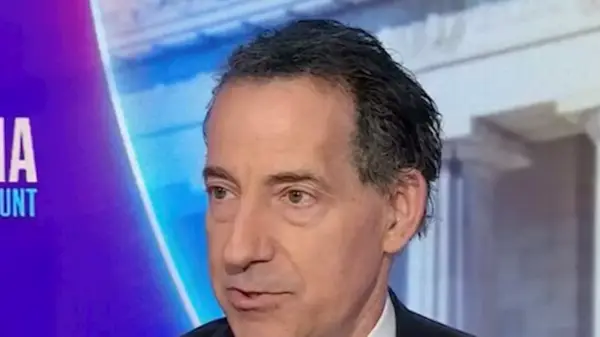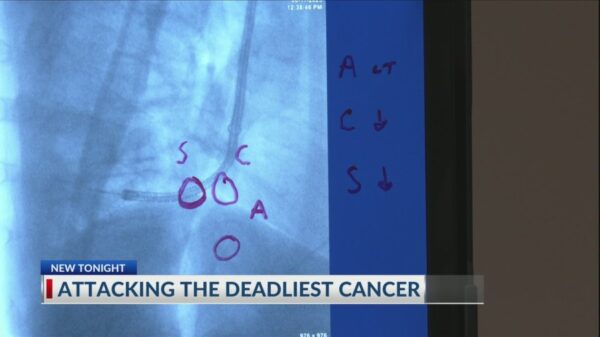A geriatrics training program in St. Louis has successfully avoided funding cuts, allowing a dedicated team of students to continue their essential work. This initiative focuses on providing comprehensive geriatric assessments to senior citizens, ensuring they receive the necessary support for their health and well-being.
Students from various disciplines, including future doctors, social workers, psychologists, and therapists, are utilizing a well-equipped van to visit multiple locations. These include senior centers, a local nursing home, and community churches. During their visits, the students conduct hourlong assessments aimed at identifying common geriatric issues such as frailty, muscle weakness, and cognitive decline.
The assessments are provided free of charge, which is particularly beneficial for seniors who may not have access to regular healthcare services. Each patient receives a printed care plan that outlines recommendations and resources tailored to their specific needs. This approach not only aids the individuals being assessed but also offers valuable hands-on experience for the students involved.
Impact on the Community
The students’ efforts have significant implications for the community. By addressing common geriatric problems, the program aims to enhance the quality of life for seniors in the St. Louis area. The printed plans serve as important tools for both patients and their caregivers, guiding them in making informed health decisions.
This program is part of a broader initiative to improve geriatric care education and training. It highlights the need for more healthcare professionals to specialize in this critical area as the population ages. According to recent statistics, the number of seniors is projected to increase significantly in the coming decades, raising the importance of effective geriatric care.
Despite ongoing challenges in securing consistent funding, the program’s success demonstrates the potential for community-driven initiatives to make a positive impact. Through their assessments, the students not only gain valuable experience but also foster meaningful connections with the elderly population they serve.
Future of the Program
Looking ahead, the program’s coordinators are optimistic about its sustainability. They are actively seeking partnerships with local healthcare organizations and exploring grant opportunities to secure the necessary funding. The goal is to expand the program’s reach and continue providing essential services to an aging population.
The commitment of these students and the support from the community reflect a growing recognition of the importance of geriatric care. As they navigate the complexities of healthcare for seniors, this program stands as a vital resource, ensuring that older individuals receive the attention and care they deserve.


